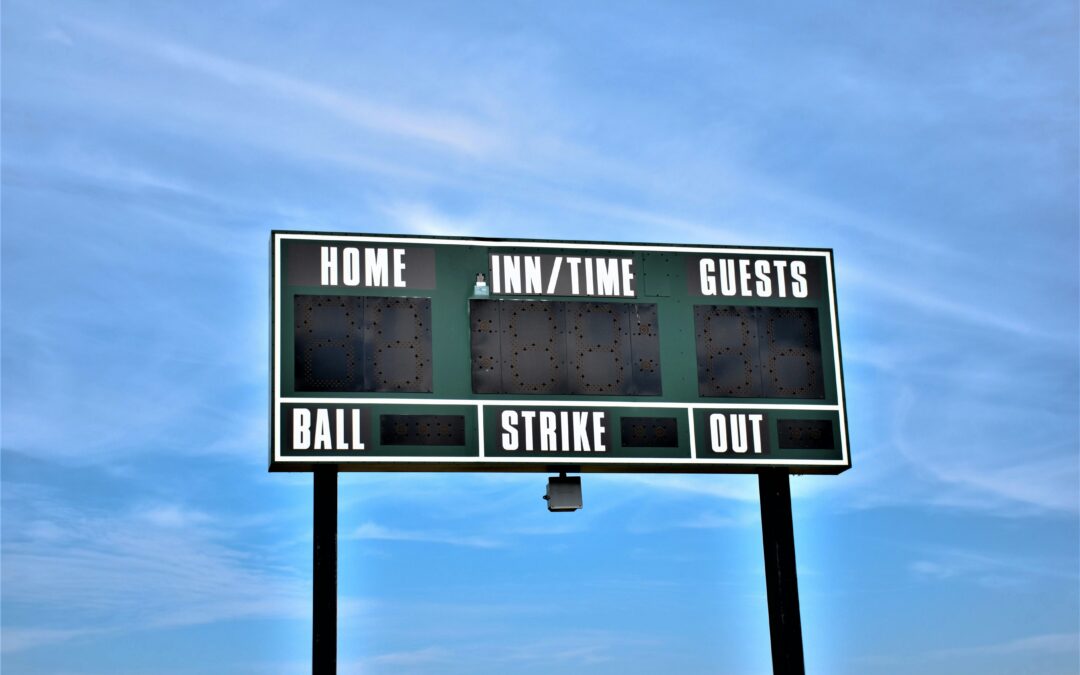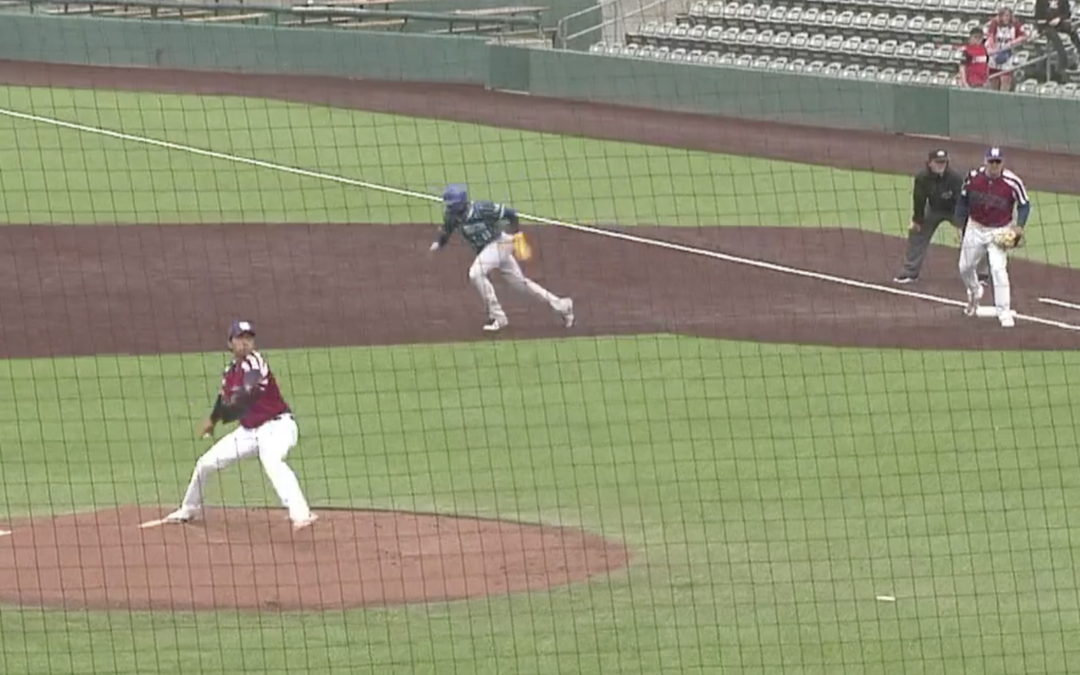(The Center Square) – As Wisconsin’s education spending lags behind the national average, school boards may soon begin proposing higher property taxes to fill the gaps, according to a new report.
The report by Wisconsin Policy Forum finds that Wisconsin spent $14,882 per pupil on public elementary and secondary education in the 2023 fiscal year, the most recent year for which U.S. Census Bureau data are available.
This was 9.9% less than the national average of $16,526 per pupil.
“While the amount of spending on preK-12 is not the only factor that enables schools to provide a quality education, it plays a key role,” the report finds. “Our analysis makes clear that Wisconsin’s national rank on education spending continues to decline.”
State-imposed caps on school district revenues from the 2021-23 budget caused Wisconsin’s inflation-adjusted per pupil spending to decline 0.8% from 2020 to 2023, even as it rose nationally.
Despite having been ranked 11th in the nation for per pupil education spending in 2002, Wisconsin ranked 26th among the 50 states in 2023, spending about 3.3% of personal income on education, compared to about 3.5% nationally.
The report notes that state tax cuts and general enrollment declines may have played a part in the downward trend.
Despite state lawmakers and Gov. Tony Evers recently agreeing to a $1.4 billion increase in K-12 school funding, the report says it may not be enough.
Other factors, such as the slowing of referendum voter approval rates, the U.S. Department of Education freezing $72.6 million of federal funds for Wisconsin schools, and the state budget’s lack of general aids for school districts will make school boards have to weigh the possibility of increasing property taxes to make ends meet.
“While increasing revenue limits provides districts a pathway to bolster their funding, it will need to come through increasing local property taxes rather than additional state general aid,” the report says. “Some areas of the state may be willing and able to pay more property taxes to support their schools, while others may lack that willingness or may struggle financially to do so.”
“It should also be noted that school boards will have to decide whether to increase property taxes – the tax base for which is primarily residential property – at a time when more people are struggling to afford the cost of housing,” the report concludes.
A June poll by Marquette University Law School reported that a majority of Wisconsin voters (57%) said they would prioritize reduced property taxes over K-12 public school spending increases, while 43% said they would not.
However, the majority opinion flipped when the question was framed around the K-12 schools in a voter’s own local community, with 52% saying they would approve a referendum to increase taxes for their local schools and 46% opposing it.










